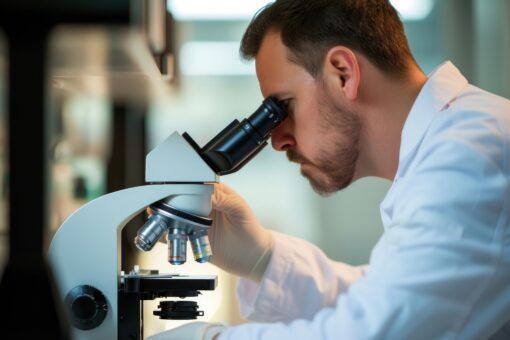Policy briefing10th January 2018

Key points
- Geroscience research is exploring interventions that delay biological ageing and reduce the risk of age-related diseases and conditions.
- Strong market demand is driving investment in geroscience research, particularly in the US. Investment in this area has been highlighted as a key opportunity for the UK in the future.
- Animal research has led to the discovery of several potential interventions for ageing and some are already being tested in human clinical trials.
- Many uncertainties remain about the effects that treatments for ageing would have on human health span and lifespan, the economy, models of care, health inequalities,personal identity, and how people work and live later in life.
- There are calls for an ethical framework for geroscience research to help guide researchers, policy makers and consumers.
Related projects
-
In-depth inquiry